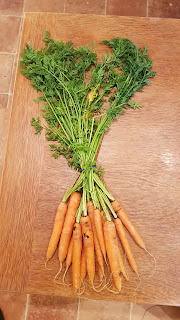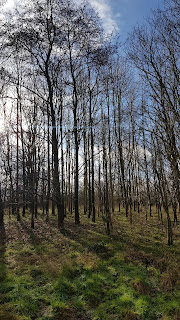Rest

The sabbath was made for man (2:27) Rest seems to be the essential purpose of creation. When the philosopher or the physicist asks Why, one answer the theologian may give is To Rest. In the Bible, both at the beginning in Genesis 1 & 2 and at the end in Revelation 21, reality is completed with rest. And speckled across the middle, we find the promise of rest. Not leisure per se, for this may be less restful than work, but harmony, flow, peace, unadulterated love and the rest. So I'm assuming Jesus meant the traditions surrounding sabbath rest rather than rest itself. The sabbath is designed to give us a taste of real rest, not to replace it. The absence of work is designed to give us space to escape the treadmill of functionality, of being valuable for something we achieve, of being useful. The presence of worship is designed to draw us to taste the greater reality of a spiritual world, not non-physical but super-natural. When these become rules, or traditions, or habits that ...






